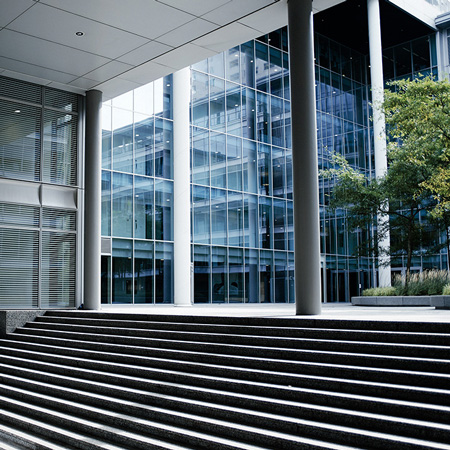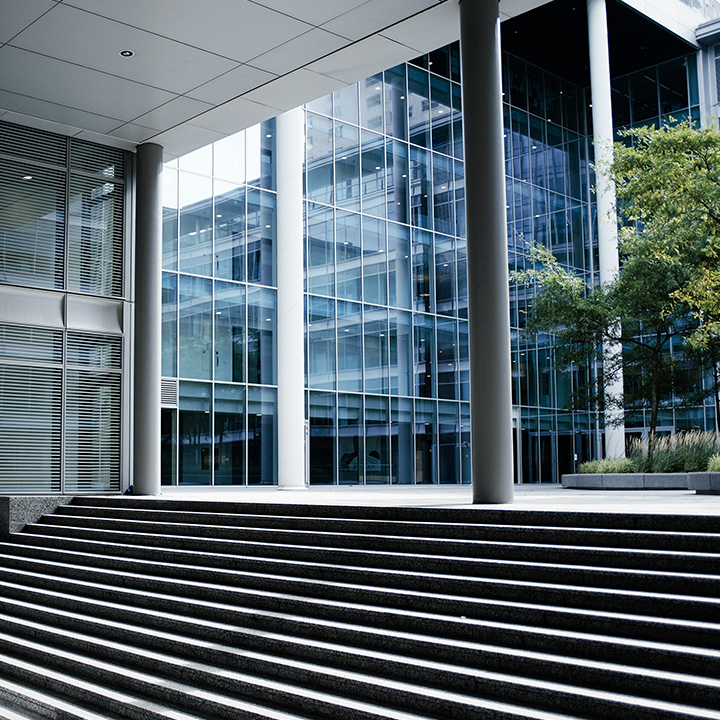
News Update Competition Litigation
Can a subsidiary be held liable for infringing conduct of its parent company?
26 April 2021
26 April 2021
On 15 April 2021 advocate general Pitruzzella (the "AG") concluded in his opinion that it is not incompatible with Article 101 TFEU to hold a subsidiary liable for the infringing conduct of its parent company when certain strict conditions are met.
These conditions are that i) the two entities have operated on the relevant market as a single economic unit and ii) the subsidiary has substantially contributed to the achievement of the objective and the realization of the effects of the parent company's conduct. The perspective of subsidiary's liability may encourage forum shopping by claimants when initiating damages proceedings.Background and preliminary questions
The case is related to the 2016 'Trucks' settlement decision of the European Commission (the "EC"), in which the EC imposed fines on truck makers Daimler, Iveco, Volvo/Renault and DAF for an infringement of Article 101 TFEU between 1997 and 2011 (the "Decision"). Following this Decision, Spanish container manufacturer Sumal sued Daimler’s subsidiary Mercedes Benz Trucks España ("MBTE"), claiming compensation for having bought two trucks in 1997 and 1999.The Audiencia Provincial de Barcelona asked the Court of Justice of the European Union (the "CJEU"), in essence, whether the notion of an 'undertaking' in Article 101 TFEU and the related ‘single economic unit doctrine’ as developed in the case law of the CJEU justifies the liability of a subsidiary for the anticompetitive conduct of its parent company and if so, under which conditions such liability would arise.
Interestingly, the EC initially took the position in its written observations that a subsidiary could not be held liable for its parent company's conduct due to a lack of decisive influence by that subsidiary over its parent company. Only at a later stage the EC suggested to answer the preliminary questions in the affirmative, i.e. that it is not incompatible with Article 101 TFEU that the subsidiary can be held liable for an infringement of Article 101 TFEU by its parent company under certain conditions.
Essence of the opinion
This is also how AG Pitruzzella answers the main question. He first discusses the 'single economic unit doctrine'. According to this doctrine legal entities belong to the same 'undertaking' within the meaning of EU competition law when they act as a single economic unit on an investigated market. The AG confirms that this requires a functional approach: which entities can form a single economic unit depends on the object of the alleged infringement and the activities of the entities concerned.The 'single economic unit doctrine' has previously been applied in case law to exclude the agreements between entities within the undertaking from the application of Article 101 TFEU, and, more importantly in this context, in order to attribute the anticompetitive conduct of a subsidiary to a parent company particularly in cases where the parent company had not acted on the internal market ('upward' liability).
The question in the case at hand is whether the 'single economic unit doctrine' can also work the other way around. In other words, can a subsidiary be held liable for the anticompetitive conduct of its parent company and if so, under which conditions ('downward' liability)?
According to the AG, the answer to this question depends on the legal basis adopted for establishing the liability of the parent company for the conduct of its subsidiary ('upward' liability). One of the possible legal bases following from settled CJEU case law for the determination of a single economic unit is the actual exercise of direct or indirect decisive influence of a parent company over the subsidiary. If a subsidiary only follows instructions from the parent company, the subsidiary lacks autonomy and cannot determine its own market conduct. The AG acknowledges that if this were to be considered the key factor for establishing a single economic unit, it would be impossible to attribute the parent company’s conduct to a subsidiary, as a subsidiary cannot exercise decisive influence over its parent company. However, according to the AG other elements from settled CJEU case law seem to imply that a key factor for attributing the subsidiary’s conduct to the parent company is whether both entities act jointly in the market (i.e. as an economic unit), despite their 'corporate veil' and being separate legal entities.
The AG advises the CJEU to adopt this second interpretation as the basis for possible determination of 'upward' liability. The AG however clarifies that the actual exercise of decisive influence – which does not need to relate to the subsidiary's infringing conduct or relevant activities – and joint action in the relevant market – acting as an economic unit – are not two alternative legal bases, but two cumulative steps in determining parental liability for anticompetitive conduct of a subsidiary.
According to the AG, the conditions that could result in 'downward' liability are different. To establish ‘downward’ liability, it should be demonstrated that: (i) decisive influence is actually exercised by the parent company over the subsidiary and (ii) the subsidiary’s activities are objectively necessary to give effect to the anticompetitive conduct (for example, because the subsidiary sells the goods that are the object of the infringement). To that end, the subsidiary must operate in the same economic sector as that in which the parent company's anticompetitive conduct took place. Finally, as a further explanation of the second condition, the AG states that the subsidiary, through its own conduct on the market where the parent company's infringing conduct took place, must have essentially contributed to the achievement of the objective and the realization of the effects of the parent company's conduct. Only if these requirements are met downward liability of the subsidiary can be determined.
Possible implications
The AG's opinion does not bind the CJEU, so it remains to be seen whether the CJEU will come to the same conclusion. If so, this may have significant implications for the private enforcement of EU competition law and encourage forum shopping. Even though an infringement decision addressed to a parent company will not automatically determine civil liability for that parent company's subsidiary which is active on the same market as to which the infringing conduct relates, such subsidiary's liability can neither be excluded. However, the burden of proof is on the claimant and a possible action for damages against the subsidiary cannot be considered as a follow-on claim.If a claimant believes that it can proof that the cumulative conditions for 'downward' liability can be met, the claimant can consider bringing a claim against either the parent company or the subsidiary or both, holding the defendant(s) jointly and severally liable. This option becomes relevant if the parent company and subsidiary have their registered office in different jurisdictions. No doubt that commercial claim vehicles will look forward to the CJEU's preliminary ruling eagerly.
Written by:





